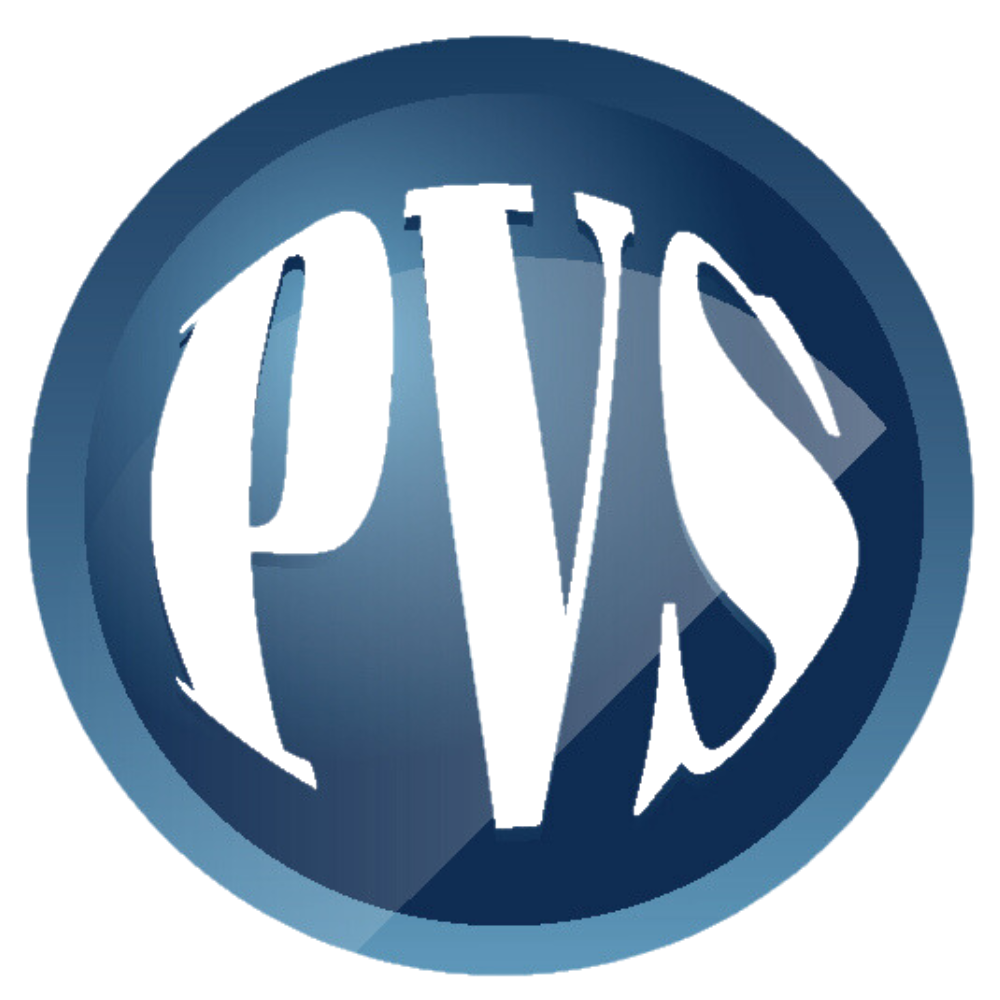Are Inventory & Supplies Assessed As
Business Personal Property in Your State?
Many business owners understand that equipment, machinery and furniture are subject to business personal property (BPP) taxes. Currently, 38 states have some form of BPP taxation system. This is in addition to property taxes assessed on their land and buildings, also known as real property taxes or real estate taxes. Property taxes make up the largest component of state and local taxes paid by a business. Many business owners don’t realize that some states include the taxation of inventory and supplies under the umbrella of property tax.
From a financial statement perspective, inventory assets are recorded as assets and are represented on a business’s balance sheet. On the other hand, supplies are recorded as expenses and appear on a business’s income statement.
Inventories are typically defined as personal property held for sale, but some states require that balances of raw materials and work in progress be included in the reported figure. In states that tax inventory as personal property, most request a year-end balance to be reported. Some states require a taxpayer to report an average of the current year-end and prior year-end inventory balances, while some states require that an average of each prior month-end balance be listed.
For the most part, states that tax inventory assess balances reported by a taxpayer on their property tax return at 100%, so this component of a business’ property tax burden can often be a large percentage of the total property tax liability. This is different from assessing other personal property (equipment, machinery, computers and furniture), which usually receives some form of depreciation allowance when calculating a fair market value. Because of this, just-in-time (JIT) inventory management can be an effective way to reduce property taxes on inventory. Sourced from an article for Oracle Netsuite.
JIT inventory management ensures that stock arrives as needed for production or to meet consumer demand, but no sooner. The goal is to eliminate waste and increase the efficiency of your operations. Since the main objective is often quality and not the lowest price, JIT requires long-term contracts with reliable suppliers.
JIT is what’s known as a lean management process. In JIT, all parts of any production or service system, particularly people, are interconnected. They inform each other and are mutually dependent on generating successful outcomes.
JIT in time inventory management usually results in lower year-end inventory balances. This helps a business’s bottom line in a couple of ways: 1) the cost of housing larger inventories is reduced as the space needed to store and house the inventory is less, and 2) if the business is located in a state that taxes inventory, the reported inventory balances will be less resulting in lower personal property taxes.
Additionally, some states allow for the reduction in the taxable base of inventory based on a taxpayer’s estimate of the fair market value of the year-end inventory figure. In the case of claiming a decline in the fair market value of inventory items, a taxpayer should be prepared to have current market data and research to back up any requested reduction from 100% of the cost of the inventory items. Some states may not assess all inventory balances the same. For example, Texas assesses vehicles held by a dealership uniquely. from the Texas Comptroller website.
For local property tax purposes, Texas law requires a motor vehicle dealer’s inventory to be appraised based on the total sales of motor vehicles in the prior year. A dealer must also file a monthly form with the county tax assessor-collector to report motor vehicles sold during the prior month and prepay a vehicle inventory tax (VIT) for those sold vehicles into an escrow account.
A handful of states offer some form of Freeport Exemption for goods that are stored within their state but ultimately will be shipped to other states. Among states offering this kind of tax relief are Georgia, Kentucky, Oklahoma and Texas.
In the case of Oklahoma, inventory that qualifies for the Freeport Exemption is classified as “Tangible Personal Property Moving through the State.” From the Freeport Exemption Declaration form (901-F) available on the Oklahoma Tax Commission website
All property consigned to a consignee in this State from outside this State to be forwarded to a point outside this State, which is entitled under the tariffs, rules and regulations approved by the Interstate Commerce Commission to be forwarded at through rates from the point of origin to the point of destination, if not detained within this State for more than ninety (90) days, shall be deemed to be property moving in interstate commerce, and no such property shall be subject to taxation in this State; provided, that goods, wares and merchandise whether or not moving on through rates, shall be deemed to move in interstate commerce and not subject to taxation in this State if not detained more than nine (9) months where such goods, wares and merchandise are so held for assembly, storage, manufacturing, processing or fabricating purposes; provided, further, that personal property consigned for sale within this State must be assessed as any other personal property.
Additionally, some states or jurisdictions may offer an exemption regardless of whether the goods are destined to be shipped to another state. For example, Mat-Su Borough in Alaska exempts the first $1,000,000 of business inventory.
Another way to provide some tax relief is to allow credits for property taxes paid in calculating other state and local taxes. For example, both Kentucky and Louisiana allow a credit on business income tax returns for property taxes paid on inventory assessments. From the Kentucky Department of Revenue website.
The inventory tax credit is a nonrefundable and nontransferable credit that may be applied against income taxes imposed by KRS 141.020 (individual income tax) or KRS 141.040 (corporation income tax) and the limited liability entity tax (LLET) imposed by KRS 141.0401 for any taxpayer that, on or after January 1, 2018, timely pays ad valorem (tangible personal property) taxes on inventory to a taxing jurisdiction in Kentucky. Unused credit amounts cannot be carried forward to later tax years. The Kentucky credit was phased in over four years and was 100% as of 2021. Similarly, the Louisiana credit is taken by certain businesses on their income or franchise tax returns; however, in this case, any excess credit can be carried forward.
Lastly, some states apply tax rates differently to their assessment of inventory and supplies. Kentucky, for example, taxes inventory (Merchants Inventory) at a state rate of .05 (5 cents) + local rate compared to taxing supplies (Materials and Supplies on Schedule C as Other Tangible Personality Note Listed Elsewhere) at a state rate of .45 (45 cents) + local rate.
Supplies differ from inventory in that they are usually noted as items used in the normal course of business. States that tax supplies, which are usually expensed by a business throughout the year, often allow for a one-month or two-week average to be reported as a reasonable representation of the supplies that would be on hand at any time. In some cases, the personal property tax return may request that supplies be reported on the return form and aren’t assessed.
Another issue related to reporting supplies involves the expense of assets that do not meet a company’s capitalization threshold. These are not necessarily items used in the normal course of business, such as cleaning supplies but are assets that typically would be capitalized and depreciated over time. However, because the cost is so low, the administrative burden of tracking the asset on a fixed asset record is too high. For example, if a company had a capitalization threshold of $3,000 and purchased an asset such as a computer monitor for $1,000, the monitor could be expensed.
In general, the Internal Revenue Service (IRS) suggests taxpayers choose one of two capitalization thresholds for fixed-asset expenditures, either $2,500 or $5,000. The thresholds are the costs of capital items related to an asset that must be met or exceeded to qualify for capitalization. A business can elect to employ higher or lower capitalization thresholds.
Many jurisdictions have policies that allow for the assessment of these types of assets. Some jurisdictions will only assess them in the current year, while others will assess them over several years. For example, South Carolina (8 years) and Utah (4 years) have specific tables to value and assess expensed assets.
As the last point to make, taxpayers should research statutes and regulations regarding the assessment of supplies. While some states may request that only supply figures be reported on the personal property tax return form, statutes and regulations may support the taxation of inventory balances that are often much larger. This can lead to large discrepancies and exposure in a personal property tax audit. Instructions included on business personal property return forms do not always clearly state what balances should, or shouldn’t, be included in the balances reported on the return.
In closing, inventory and supplies can make up a large part of a taxpayer’s property tax expense, the largest component of state and local taxes a business pays. The intricacies of how inventory and supplies are assessed in various states across the country allow for many different variations in how to properly report figures on your property tax return. It is worth the time and effort to make sure you are reporting these items accurately.
Taxpayers should consider having a property tax professional review their inventory and supplies reporting methodologies to confirm that they are in compliance with state and local requirements.
Frequently Asked Questions
How can I find out if my state taxes inventory and supplies as business personal property?
You can check your state’s department of revenue or tax commission website for business personal property tax guidelines, or consult with a property tax professional familiar with your jurisdiction’s rules.
Can I claim exemptions for goods stored temporarily in my state?
Yes, some states offer Freeport Exemptions for goods that will be shipped out of state within a specific time frame, which can reduce or eliminate taxes on qualifying inventory.
Are there tax credits available for property taxes paid on inventory?
Yes. States like Kentucky and Louisiana offer credits against business income or franchise taxes for inventory property taxes paid, which can offset other tax liabilities.

From a financial statement perspective, inventory assets are recorded as assets and are represented on a business’s balance sheet. On the other hand, supplies are recorded as expenses and appear on a business’s income statement.
